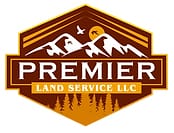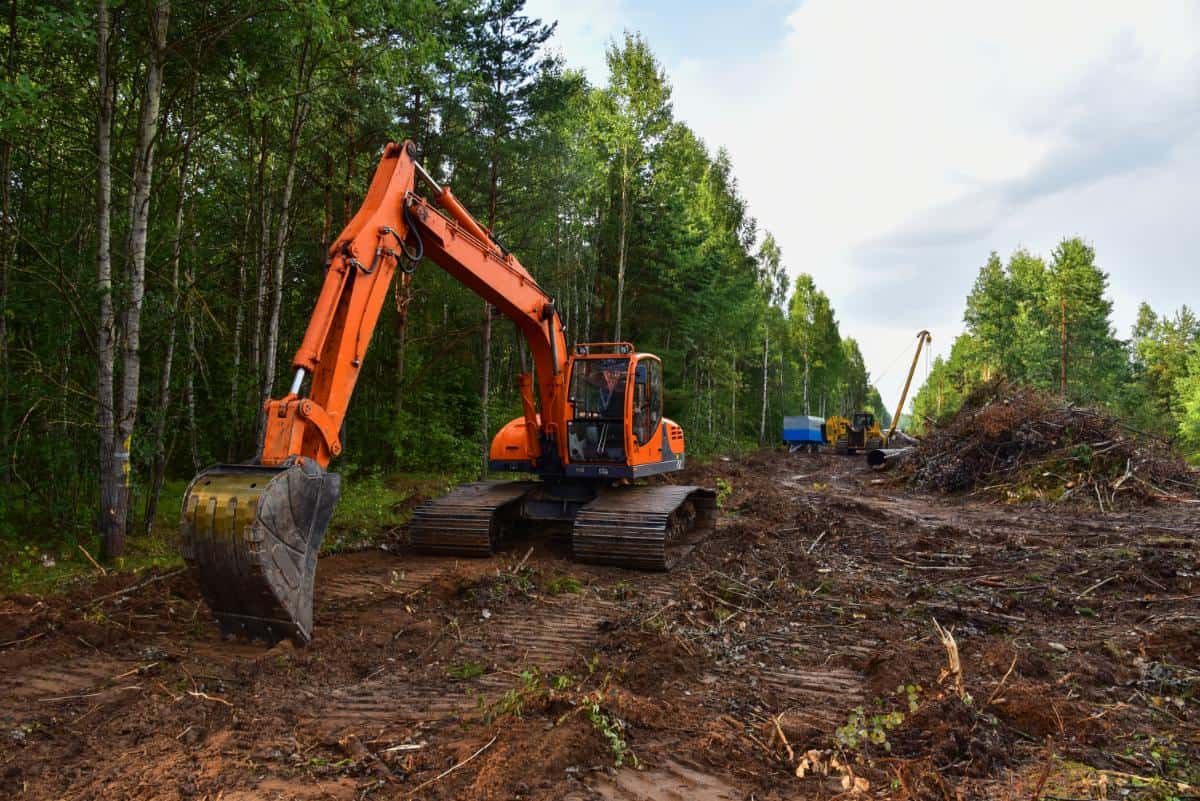How to Start a Land Clearing Business?
The first step in starting a land clearing business is to acquire a business license. A business license allows you to operate in your city or town. You need to fill out an application, which will be reviewed by the local licensing authority. You should consult an attorney for legal advice if you have any questions about the process.
(Looking for forestry mulching services? Contact us today!)

Create a business plan
When you decide to start a land clearing business, you will need to invest a significant amount of cash. You will also need to invest in equipment and supplies to support your operation. This includes everything from big-ticket items like office furniture to small things like paper clips. You should make sure to shop around for the best prices and quality.
Get a business license
Before starting a land clearing business, you need to acquire the necessary legal documents. You can register yourself as a sole proprietor or as a limited liability company. You should contact an accountant to learn more about tax structures and how they will affect your business. Once you have decided on the legal structure, you can go about filing paperwork to obtain an EIN.
Invest land-clearing meant
Heavy equipment is an essential component of any land clearing business. Some projects are complete falls requiring specialized machinery, like a Feller Buncher, which can fall multiple trees at once. Others, such as a masticator (a giant wood chipper mounted on the end of a Caterpillar), can grind the land-clearing their crowns to their roots.
Hire employees
Starting a land clearing business will require you to invest in heavy machinery, including excavators and dozers. You’ll also need supplies, such as paper clips and office furniture. If you’re on a budget, you can borrow small amounts of money from friends and family. You can also check with your local bank for loan options.
Get a website
If you want to start a land clearing business, there are a few things you need to consider. For one, you need to decide how much liability you’re willing to take on. For another, you need to determine your business goals. For example, you may decide to start as a sole proprietorship, but if you expect to grow your business, you may want to consider a corporate entity.

